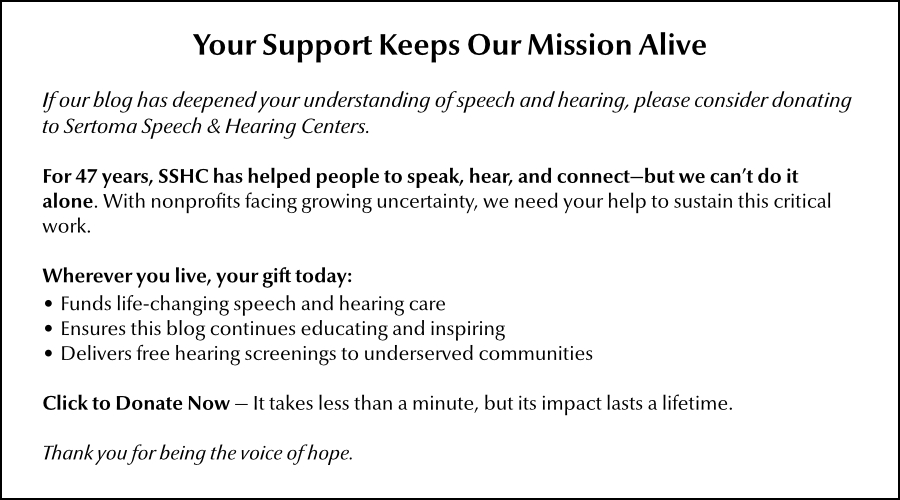The University of Chicago has uncovered a genetic cause behind a rare congenital hearing loss and two existing treatments. This breakthrough could change our approach to rare deafness and age-related hearing loss.
Why it matters
Mutations in the CPD gene cause early-onset, irreversible sensorineural hearing loss by starving inner ear hair cells of arginine, a key amino acid for nitric oxide production, a vital signaling molecule. Without it, these sensory cells die. The discovery matters because researchers found two repurposable treatments that reversed symptoms in lab models.
“This study is exciting because we found a new gene mutation that’s linked to deafness, and more importantly we have a therapeutic target that can actually mitigate this condition,” Rong Grace Zhai, PhD, lead researcher, Jack Miller Professor for the Study of Neurological Diseases of Neurology at UChicago.
The backstory
The story began with three unrelated families in Türkiye whose children had hereditary, early-childhood deafness. Analysis revealed a shared mutation in the CPD gene not linked to hearing loss. Database checks confirmed others with CPD mutations also experienced early hearing decline.
How it works
CPD helps maintain arginine levels, which fuel nitric oxide production. This pathway is essential for hair cell survival in the inner ear. When CPD malfunctions, oxidative stress kills these sound-detecting cells. Though CPD is active throughout the nervous system, hair cells are uniquely vulnerable to its loss.
Zoom in
Researchers tested their theory in mice and fruit flies. CPD-deficient mice showed hair cell degeneration. Flies with the same mutation had balance issues and hearing defects in Johnston’s Organ—their version of an inner ear. Both models mirrored human pathology.

The intrigue
Instead of waiting years for a new drug, the team tested two existing ones:
-
Arginine supplements to restore depleted levels
-
Sildenafil (Viagra) activates downstream nitric oxide pathways.
Both improved cell survival in patient-derived cells and reduced hearing-loss behaviors in flies.
The big picture
While this deafness is rare, the implications may be broad.
"How many people carry variants in this gene and is there a susceptibility to age-dependent hearing loss?" —Dr. Rong Grace Zhai
The takeaway
Scientists turned a genetic mystery into a treatable condition using available tools. For families affected by this rare deafness, hope now has a name: arginine and sildenafil. And for millions more? This could be the first step toward preventing hearing loss.
Schedule a free hearing screening
Our free 15-minute hearing screening with an audiologist will help you:
- Understand your current hearing health
- Prevent communication barriers
- Stay engaged with loved ones
- Maintain your quality of life
Schedule your free screening today and stay connected the sounds you love.
★ Call 708-599-9500 to schedule your free screening.
★ For facts about hearing loss and hearing aid options, grab your copy of The Hearing Loss Guide.
★ Sign up for our newsletter for the latest on Hearing aids, dementia triggered by hearing loss, pediatric speech and hearing, speech-language therapies, Parkinson's Voice therapies, and occupational-hearing conservation. We publish our newsletter eight times a year.
Don't let untreated hearing loss spoil your enjoyment of life.


